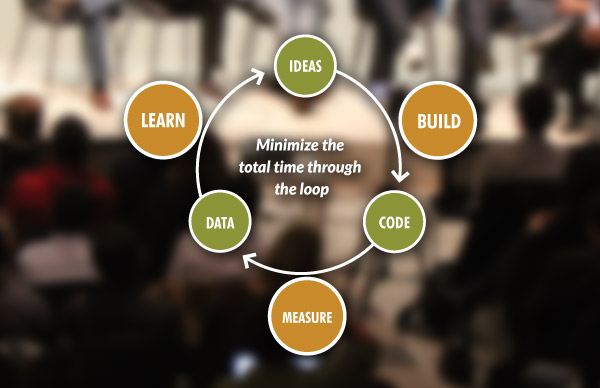Rizal Philippines | December 19, 2013
It is 5 days before Christmas. Merry Christmas
From Strategy + Business

Eric Ries, the author of lean start up, one of the modern thinkers on management and entrepreneurship likes management. He espoused lean start ups: rapid fire innovation, getting minimum viable product into the hands of the customer, rapid prototyping.
He is an entrepreneur in resident in Harvard. He wrote a book all ready entitled Lean Start ups - how todays innovators use continuous innovation to create radically successful business
He is an author, a blogger, venture capitalist, advisor to companies like GE and Intuit
From rapid innovator, he proposes, a management direction, to "slow down and learn" while initially proposing many to get and build.
He catalogued the things that worked and those that did not in a blog called: Start Up Lessons Learned
The effectiveness of a startup is grounded on what he calls the boring stuff: milestones, how to measure progress, how to prioritize. So it does not have in a garage. If you work elsewhere, you have to embrace the concept of a garage if you are to survive in a innovation driven economy
The Five Principles of the Lean Startup
As the name implies, the lean startup is an efficiency-minded methodology for launching new businesses, whether they are stand-alone new ventures or ventures within existing enterprises. We are reprinting Ries’s own published primer on the five principles that characterize the lean startup.Entrepreneurs are everywhere. You don’t have to work in a garage to be in a startup.
Entrepreneurship is management. A startup is an institution, not just a product, so it requires management, a new kind of management specifically geared to its context.
Validated learning. Startups exist not to make stuff, make money, or serve customers. They exist to learn how to build a sustainable business. This learning can be validated scientifically, by running experiments that allow us to test each element of our vision.
Innovation accounting. To improve entrepreneurial outcomes, and to hold entrepreneurs accountable, we need to focus on the boring stuff: how to measure progress, how to set up milestones, how to prioritize work. This requires a new kind of accounting, specific to startups.
Build—measure—learn. The fundamental activity of a startup is to turn ideas into products, measure how customers respond, and then learn whether to pivot or persevere. All successful startup processes should be geared to accelerate that feedback loop.
Reprint No. 00224


